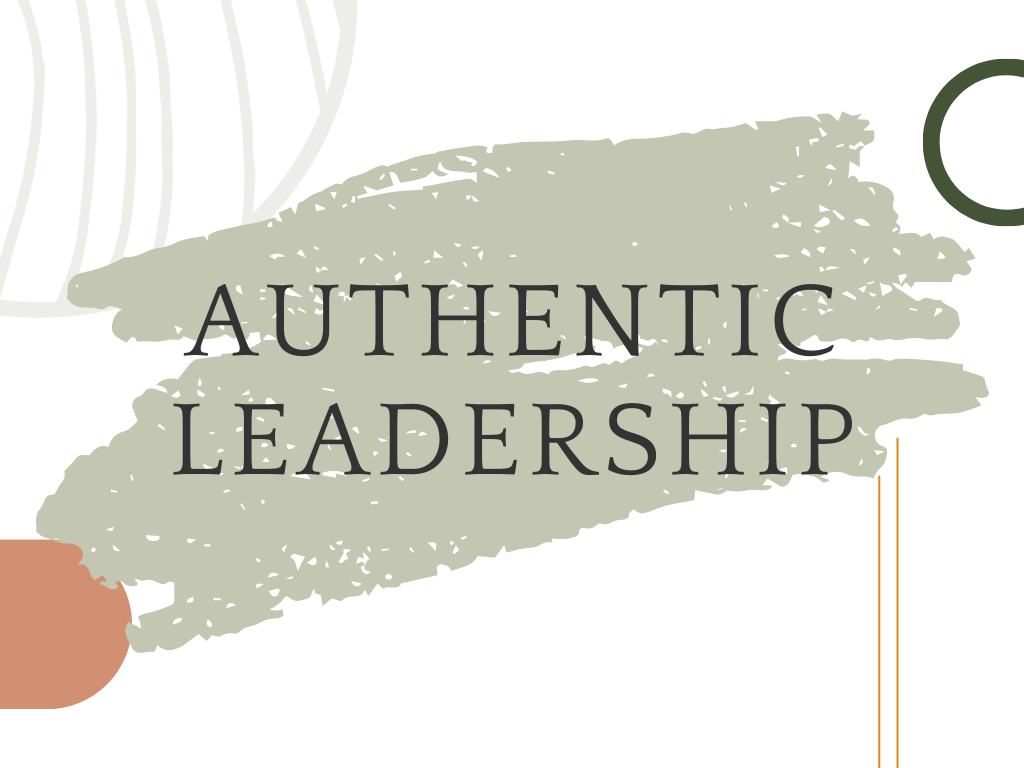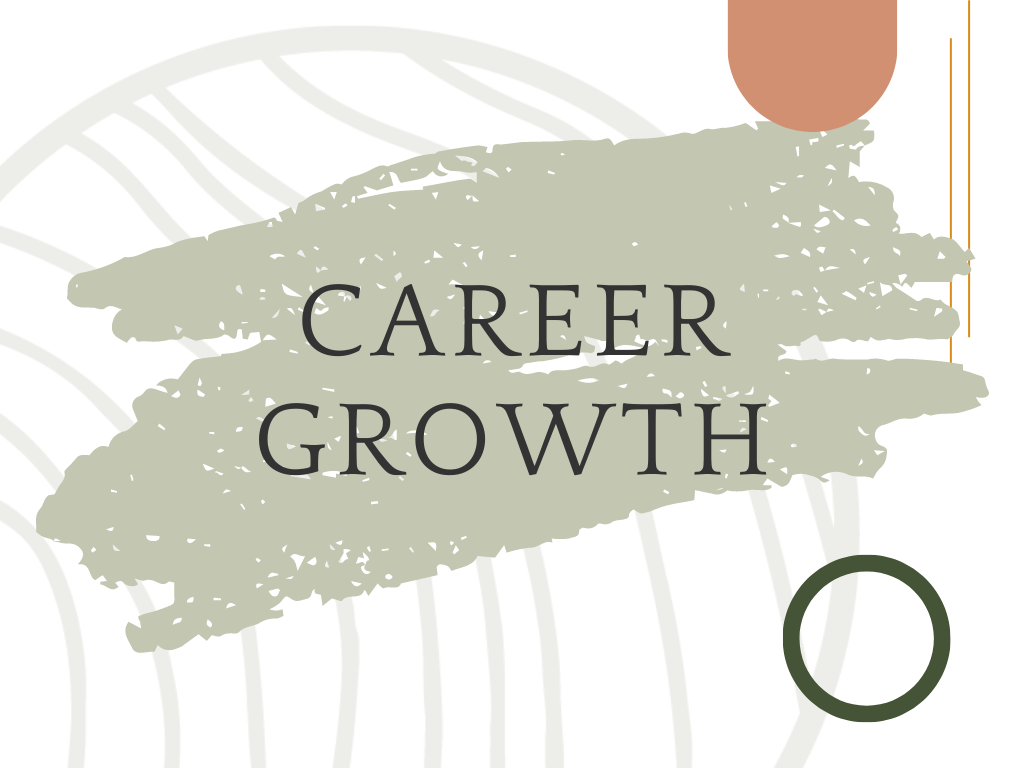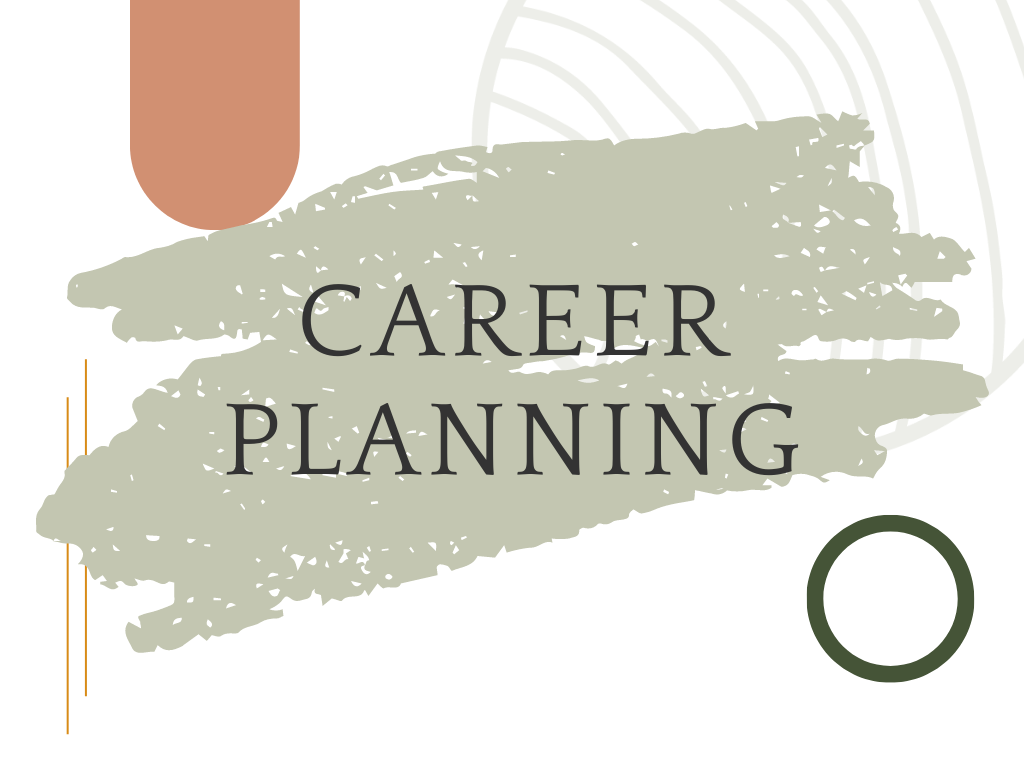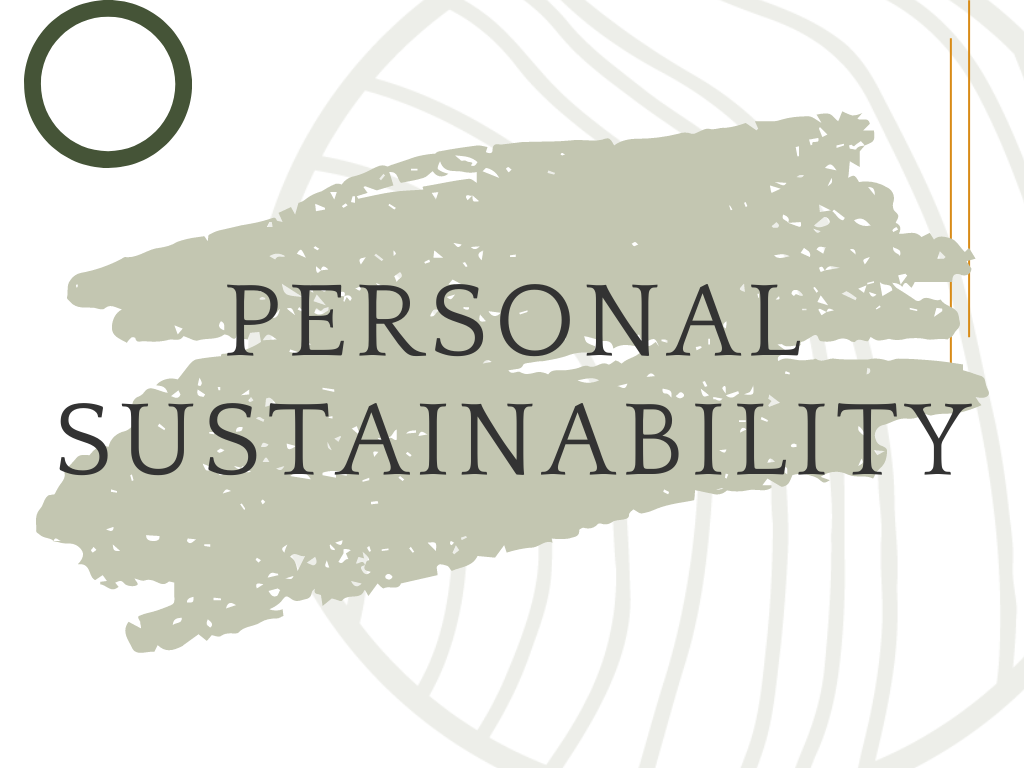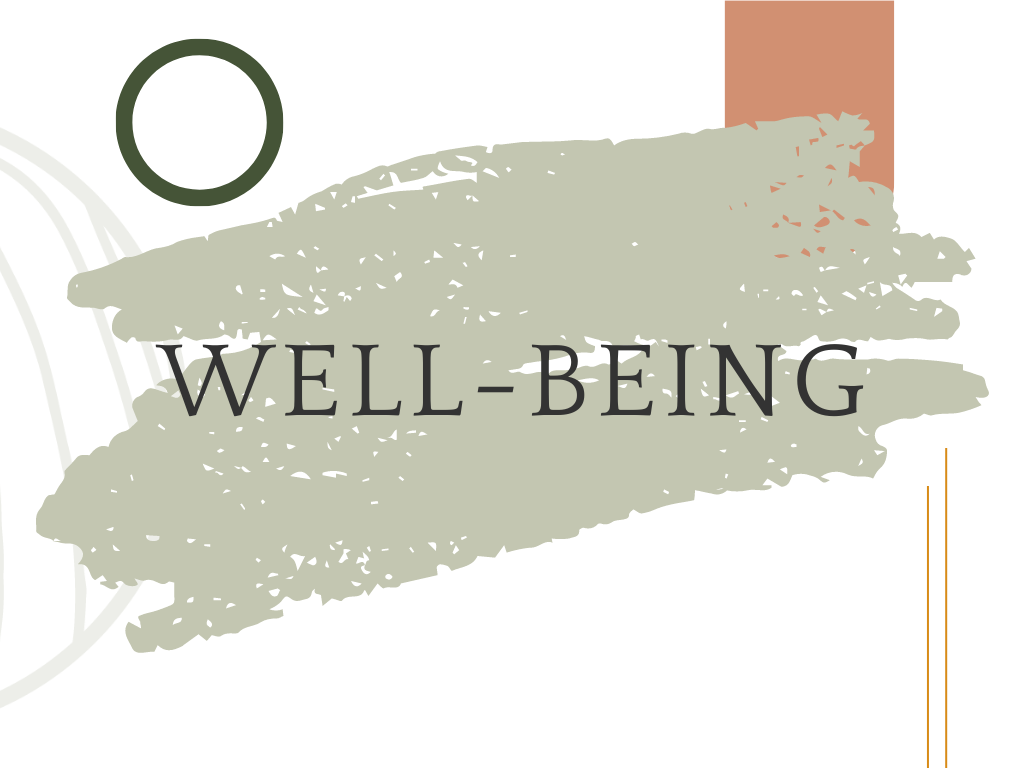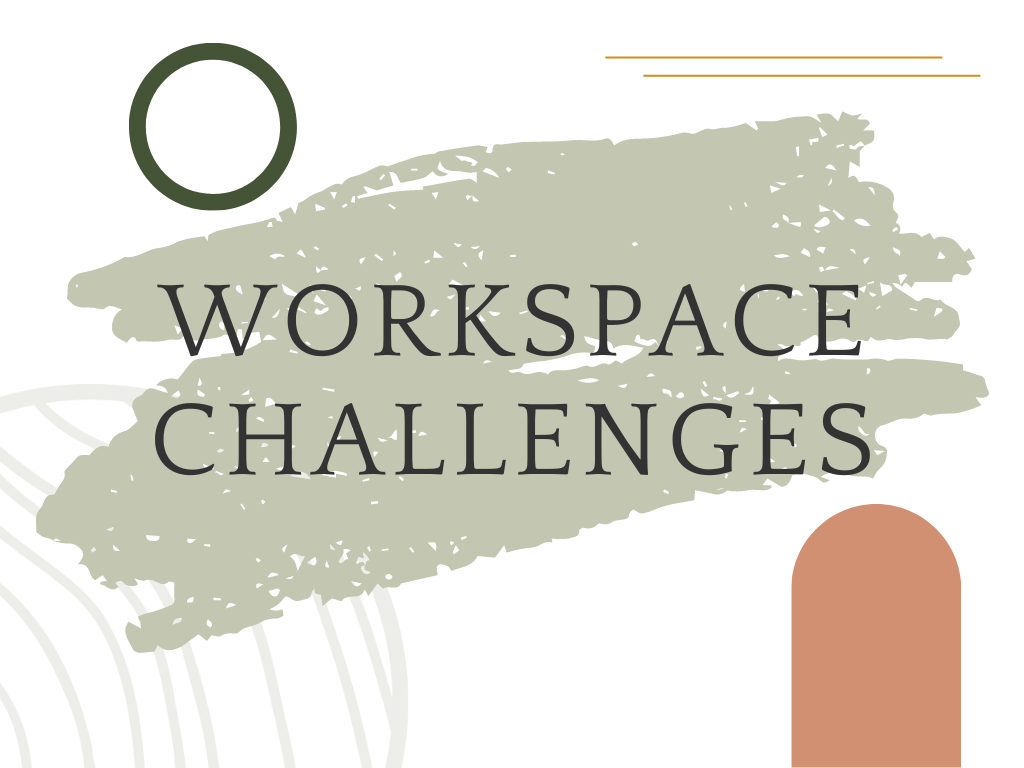
Start your journey to personal sustainability, discover well-being strategies, and achieve balance and happiness now!
Blog
What do you want to explore today?

What Is Flow at Work? Finding Purpose in Peak Performance
We’ve all had those days when we cross every task off our list yet still feel unfulfilled. The boxes are checked, but the sense of purpose is missing. That’s because productivity doesn’t always equal progress. True fulfillment comes when we step into flow, a state of deep focus and energy where we’re using our natural strengths and doing work that feels both meaningful and alive.
Flow isn’t something you force, it’s something you notice. It shows up in those moments when time disappears and your contribution feels effortless yet powerful. Whether you thrive by mentoring others, crafting strategies, or designing systems, flow is where your strengths and purpose meet. You won’t find it in your inbox, it’s found when you make space for the work that matters most. That’s where real impact, joy, and effectiveness begin.

Confidence in Action: Building Leadership Through Bold Steps
Confidence is not something you wait to feel before taking action. It is built through action itself. Every time you speak up, take a risk, or make a decision, you strengthen your ability to lead with courage and clarity. True confidence comes from experience, not theory.
Confident leadership is not about being loud or fearless. It is about showing up with steadiness, humility, and purpose even when doubt is present. Each bold step you take builds resilience and reminds you that growth happens in the stretch zone. Confidence is not the absence of fear—it is choosing to move forward anyway.

Confidence in Action: How Small Steps Build Big Impact
Confidence is not something you’re born with or something that suddenly appears when you “feel ready.” It grows through action. Every time you take a small risk—asking a question, sharing an idea, or speaking up—you train your brain to trust that you can handle discomfort.
True confidence is not about perfection or fearlessness. It is about showing up, taking consistent action, and learning through experience. Whether it is setting a boundary, leading a project, or simply standing tall and speaking clearly, each moment builds your belief in yourself. Confidence doesn’t come before action—it grows because of it.

Why Feeling Stuck in Your Career Might Be the Best Thing That’s Happened to You
Feeling stuck in your career is not a mistake—it is a signal for change. That discomfort often means you are outgrowing your current role or priorities and are being called to redefine what growth looks like.
When you take time to explore what matters most, patterns begin to emerge. You might realize it is about culture, challenge, boundaries, or the kind of work that energizes you. Clarity comes from peeling back those layers and identifying where you truly thrive. Once you know your strengths and criteria for fulfillment, stuckness turns into direction—and you begin to design your next chapter.

Craft Your Career Around Your Strengths – Not Just Your Skills
Skills make you capable, but strengths make you come alive. Many professionals build careers around what they can do, rather than what energizes them. The difference is powerful. Skills can be learned, but strengths are your natural wiring — the patterns of thought and behavior that feel effortless and fulfilling.
When you align your work with your strengths, everything changes. Engagement rises, confidence grows, and impact deepens. The key is to identify where you thrive, craft your role around those strengths, and build new skills on top of them. Fulfillment doesn’t come from doing more — it comes from doing what you do best.

How to Craft a Daily Well-Being Practice That Actually Sticks
Well-being is not a luxury—it is the foundation that helps you show up as your best self at work and at home. True balance comes from investing in small, intentional habits that support your mental and physical energy.
Start by choosing well-being practices that work for you: movement, rest, connection, learning, or laughter. Then make them stick by starting small, using cues and routines, and celebrating progress. Over time, these consistent choices shift your brain from reactive to resilient. Your well-being plan doesn’t have to look like anyone else’s. It’s yours to design—one small, meaningful habit at a time.

What to Do When Something Feels Missing in Your Career (Hint: Change 20 Percent of Your Job)
If something feels missing in your work, it might not mean you need a new job—it might mean you need to re-engage with the one you have. Research shows that small, intentional shifts can reignite motivation and fulfillment.
Start by identifying the projects and relationships that energize you. Then, look for ways to spend even 20% more of your time on work that plays to your strengths and interests. Engagement isn’t about doing more—it’s about doing more of what matters. When you realign your energy with meaningful work, purpose and satisfaction naturally follow. What would your 20% look like?

You Don’t Find Purpose at Work—You Create It
Purpose does not come from your job title or organization. It comes from how you show up and what you bring to your work. Even in an ordinary role, you can find meaning by connecting with people, using your strengths, and focusing on the moments that energize you.
Purpose is activated through action. It lives in the way you solve problems, support others, and create impact in your own way. You do not need to love every part of your job to feel fulfilled. When you nurture the parts that light you up, you uncover the deeper purpose already within you.

Why Leadership Isn’t About Your Title—It’s About Influence
You do not need a title to be a leader. True leadership has little to do with hierarchy and everything to do with how you show up, connect, and create impact. Influence does not come from authority or charm. It comes from authenticity, self-awareness, and the ability to understand others.
Start by leading from your strengths. Notice what energizes you and where you naturally create value. Then, pay attention to how others work and communicate. When you meet people where they are and use your strengths with intention, you inspire trust and collaboration. Leadership is not given. It is practiced every day.

Why Strengths—Not Just Skills—Are the Key to Sustainable Success
Skills can open doors, but it is your strengths that help you thrive once you are inside. Many professionals focus on collecting new skills, yet feel unfulfilled or stuck because they are not leading in alignment with how they naturally work best.
Strengths are not just what you are good at. They are the ways you think, connect, and create impact when you are at your best. When you identify and use them intentionally, leadership becomes more authentic and sustainable. The next level in your career is not about adding more tools. It is about using the right ones that are already within you.

Ambition vs. Alignment: Why Career Success Alone Might Not Be Enough
Many professionals climb the ladder only to discover the view at the top feels empty. The promotions, recognition, and success that once motivated you no longer feel like a win. What is missing is not ambition, but alignment.
Alignment means redefining success on your own terms and choosing work that reflects your strengths, values, and purpose. It feels like clarity, energy, and ease, the sense that your goals fit who you are, not who you think you should be. Ambition fuels progress, but alignment ensures it matters. When your drive and direction work together, fulfillment naturally follows.

Why Being Good at Something Doesn’t Guarantee Career Fulfillment
Have you ever found yourself in a role where you excel yet feel a quiet sense of dissatisfaction? Many people assume that being good at something means it should be their career. But skill does not always equal fulfillment.
True career satisfaction comes from working within your strengths, where your natural talents and energy align. You might perform well in your role, but if it drains you, it is not your zone of genius.
Ask yourself not just what you are good at, but what makes you feel alive. That is where real fulfillment and growth begin.

The art of getting unstuck: The Power of Dreaming
When you feel stuck or uninspired, the best thing you can do might not be to think harder but to dream bigger. The “100 Dreams” exercise is a powerful way to reconnect with what truly excites and fulfills you. By listing 100 things you want to do, learn, experience, or explore, you uncover forgotten passions and new possibilities.
Dreaming is not idle. It is a catalyst for change. When you write down your dreams, you start to see what matters most. Choose one small dream to pursue today and let it reignite your motivation, direction, and sense of purpose. Your next chapter begins there.

The Power of Values: Finding Fulfillment in Your Career
When your work aligns with your personal values, it transforms from a job into a source of purpose and fulfillment. Values are more than words on a wall or company statements; they are the principles that guide how we live, lead, and connect with others.
When we lose sight of our values, we risk burnout and disconnection. Reconnecting with them brings clarity and motivation. By identifying what truly matters and ensuring your work reflects it, you create a career that feels authentic and meaningful. Living your values each day is the foundation of lasting professional fulfillment.

Finding Clarity Amidst Career Uncertainty: A Personal Journey
Feeling lost in your career can be unsettling, but it is also an invitation to pause and reflect. Many people rush to job boards or chase the next opportunity without truly understanding what energizes them. Clarity begins not with searching outward but by looking inward.
Pay attention to the tasks that lift your energy and the values that guide your decisions. Engage in meaningful conversations, explore your strengths, and reflect on what matters most in your lifestyle and work. The path to clarity unfolds when you align your actions with your natural talents and authentic sense of purpose.

Unleashing Your Professional Potential: The Strategic Power of Long-Term Career Planning
Too often, career planning begins only when it feels urgent to find the next job. This short-term mindset can lead to years of unintentional choices, leaving many professionals mid-career feeling unfulfilled or lost. Long-term career planning is not about predicting the future; it is about shaping it with intention.
Taking time to reflect on where you want to be in five or ten years helps you connect today’s actions with tomorrow’s goals. It allows you to align your career with your values, lifestyle, and strengths, ensuring that your professional journey leads to purpose and lasting fulfillment.

How to Transition from Languishing to Thriving at Work and Home
Languishing is that “in-between” state where life feels flat and unfulfilling. It’s not depression, but it’s far from thriving. You might feel unmotivated, disconnected, or like you’re just going through the motions. Many experienced this feeling during the pandemic, but it continues to affect professionals who feel stuck or uninspired at work.
The way forward is through flow. Flow happens when you are fully absorbed in what you’re doing, losing track of time and feeling both challenged and alive. By focusing on mastery, mindfulness, and mattering, you can move from languishing to thriving and rediscover meaning in your work and life.

Activating your talent is the antitote to stress, burnout, and feeling disengaged at work
Burnout is widespread in the nonprofit conservation sector, where passionate professionals often sacrifice their well-being for meaningful work. The result is a weary workforce struggling to sustain purpose in the face of mounting global challenges. Waiting for organizations to fix this problem is no longer enough.
The real solution begins with individuals discovering and investing in their natural talents. When people operate in their strengths zone, they feel energized, fulfilled, and deeply engaged. Focusing on what makes you strong not only reignites motivation but also helps you sustain impact in the important mission-driven work that drew you to this field.

Invest in Your Green Career: 8 Must-Answer Questions for Sustainability and Environmental Professionals
The green sector has grown from a niche field to a thriving global industry. What began decades ago with limited opportunities has evolved into a professionalized, dynamic space that offers countless paths for meaningful impact. As the sector expands, intentional career planning has never been more vital.
Whether you are just starting out or well into your career, taking time to reflect on your purpose, passions, and long-term goals can keep you aligned with the impact you want to make. Thoughtful planning empowers conservation professionals to lead with clarity, stay engaged, and contribute to a sustainable future for all.

The real and surprising role of purpose in your conservation careeR
Working in conservation or sustainability often feels deeply purposeful on the surface, yet many professionals quietly struggle to connect their personal sense of meaning to their organization’s mission. It’s possible to champion global change while feeling detached from the daily work that fills our calendars.
Rediscovering purpose begins with reflecting on how you personally create impact. Purpose is not found only in grand achievements but in the smaller, meaningful moments of contribution—analyzing data, collaborating with partners, or mentoring a teammate. When you align your unique strengths with your organization’s mission, your work transforms from obligation to authentic purpose.

